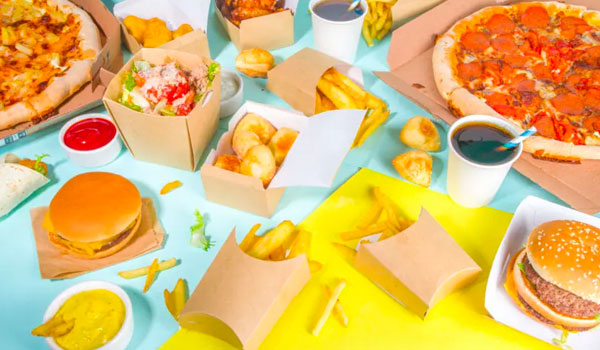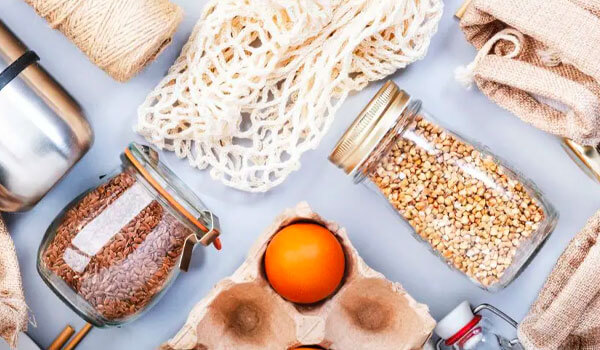
The firm, which also makes Post-Its, cited increased regulatory and consumer concern about the substances, known as PFAS, to explain the move.
The chemicals are used in many everyday items, including food packaging.

Research has suggested over 200 million Americans likely drink water contaminated with PFAS chemicals, which have been linked to a host of health issues, including cancer.

These synthetic substances called PFAS are used in non-stick pans, fire-fighting foam and water-repellent clothes.

Nashville, Tenn. – As consumers are starting to demand more sustainable packaging solutions for foodservice products, operators, suppliers, and distributors must make sound business choices in their sustainability journeys.

For years, farmers looking for less expensive fertilizer turned to treated sewage sludge. Now, however, there’s evidence the sludge may have contaminated as many as 20 million acres with so-called forever chemicals – per- and polyfluoroalkyl substances or PFAS, the Environmental Working Group reports.

From antiquity’s gourd shells to modernity’s plastic soda bottles, humanity has created numerous ways to store food and beverages. In 2022, consumers are on the lookout for the most sustainable food containers possible.

